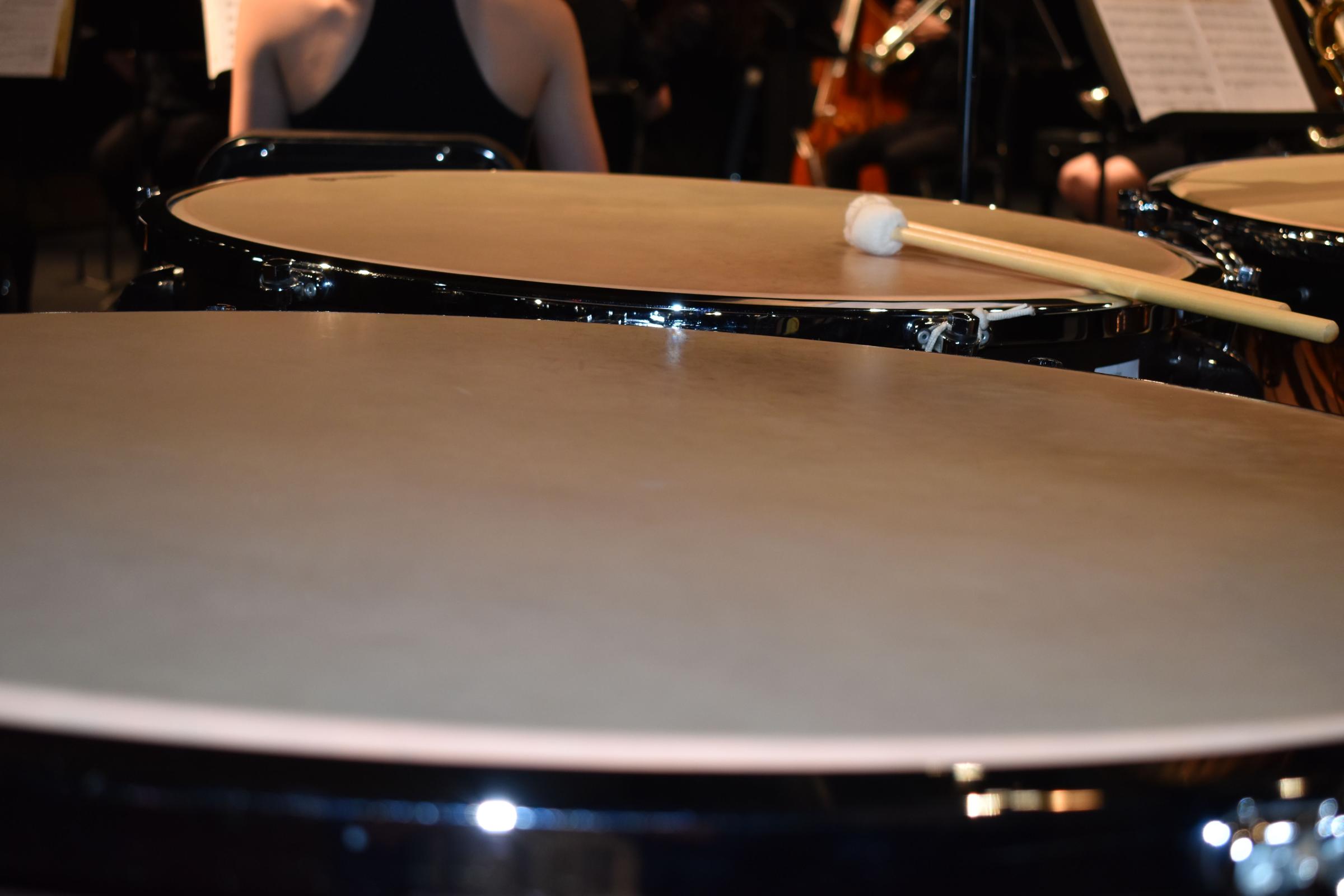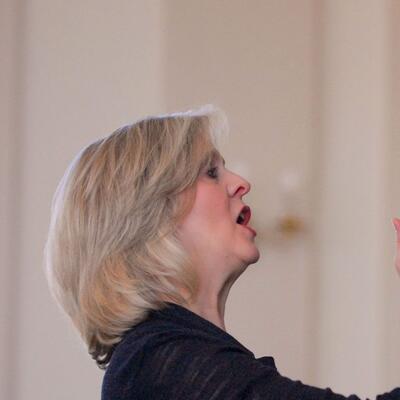
Music Education |
Bachelor of Arts (B.A.) |
The Bachelor of Arts Degree in Music Education provides the proper training for a teaching career. Covering a wide range of disciplines, the course of study provides the future music educator with the knowledge, skills, understanding, and attitudes necessary for becoming a successful teacher of music.
Related Occupations
The Bachelor of Arts in Music Education provides essential training, knowledge, and skills necessary for a teaching career in choral, instrumental, or general music.
General Requirements
Entrance Audition
All prospective music majors must perform an admissions audition on their instrument of concentration for the music faculty. A description of repertoire expectations and the standard procedure for the audition can be found on the college website at limestone.edu/music/future-students.
Entrance Examination
All incoming freshmen music majors must undergo an entrance examination in order to determine their knowledge of music theory and to evaluate basic musicianship such as aural skills. Success on this examination may permit the student to exempt Music 119, Fundamentals of Music Theory. Performance on the examination will not prevent a student from becoming a music major.
Piano Proficiency
Students may take a piano proficiency pre-examination in order to determine proper placement in the piano class sequence. All music students are required to pass a piano proficiency examination. This examination is generally given upon successful completion of required piano classes. Those not completing all portions of this examination must continue class piano study or private study until the proficiency is passed. The requirements of the proficiency may be found in the Music Department Handbook.
Ensemble Participation
Participation in the appropriate principal ensemble is required of every music student each semester of enrollment unless registered for Music 452 or 453.
Music Seminar/Recital Attendance
All music majors are required to attend the weekly seminars and various student, faculty, and guest artist recitals. Only one absence will be permitted during a semester. Excessive absences will result in the lowering of the student’s applied lesson grade and may jeopardize the music scholarship award.
Junior Qualifying Examinations
Music students are required to pass a Junior Qualifying Examination at the end of their sophomore year, or the fourth semester of college study, demonstrating an appropriate level of proficiency. Detailed requirements may be found in the Music Department Handbook.
Recital Requirements
Music students are required to perform in a student recital each semester they are enrolled in applied study. All music students are required to present a half-recital (30 minutes minimum) in their Senior year. All formal recitals are auditioned by the music faculty at least one month prior to their presentation. Students are expected to play a complete program at their pre-hearing, which will be judged by the faculty on a pass-fail basis. The student must pass the pre-hearing in order to gain approval to schedule the recital. Students may perform only one pre-hearing per semester. Letter grades will be given by the music faculty following the formal recital.
Exit Examination
The recitals presented in partial fulfillment of the Bachelor of Arts Degree with a major in Music and the Bachelor of Arts Degree in Music Education are considered Exit Examinations in the applied music area. In addition, all music degree candidates are required to take a written Exit Examination which is given during the first week of the final semester of the student's program of study.
Requirements for Teacher Certification in Music Education in South Carolina (Grades K-12)
- A Bachelor's Degree
- Completion of required courses in an approved Music Education Program
- Passing scores on the Praxis II tests required by South Carolina
Please refer to the Teacher Education Program information page for information surrounding its goals and application processes.
Fast Facts
- A wide variety of scholarships and financial support is available to students majoring in music education as well as those who participate in music ensembles.
- Over the last 20 years, Limestone's ensembles have travelled to New York City, Salt Lake City, Washington D.C., Chicago, Orlando, London, Austria, and Germany.
- The Music Education program at Limestone equips students with everything they need to begin careers teaching music in K–12 schools, including state licensure.
Explore Experiental Major Map
 Use this map to help plan and guide your experience at Limestone. Each student’s experience is unique so please keep in mind the activities outlined in this map are suggestions and can be tailored to you! Always consult with your advisors whenever possible for new opportunities and updates.
Use this map to help plan and guide your experience at Limestone. Each student’s experience is unique so please keep in mind the activities outlined in this map are suggestions and can be tailored to you! Always consult with your advisors whenever possible for new opportunities and updates.
Course Requirements
Requirement Notes
- Limestone's required Competency & General Education courses
- A grade of "C" or better must be earned in all music coursework.
- Piano proficiencies associated with MU 102/103 and MU 203/204. Early completion of proficiencies may exempt the required coursework.
- The required courses listed below (82 credit hours)
- MU 050 Music Seminar each semester except with permission from the Music Program faculty.
- Seven credit hours of applied lessons, including 6 credit hours of ML Music Major/Minor Applied Lessons (4 credit hours at the 300 level, 1 credit hour at the 400 level, and 1 credit hour at either the 300 or 400 level) and 1 credit hour of MU 491-497 Senior Recital.
- Primary Music Ensemble (4 credit hours)
- Primary (4 credit hours) and Secondary (2 credit hours) music ensembles listed above each semester except with permission from the Music Program faculty.
- Emphasis-specific courses for Vocal - MU 312; MU 313; or Instrumental - MU213; MU 311 (12 credit hours).
* This major includes three AWE courses (9 credit hours)







